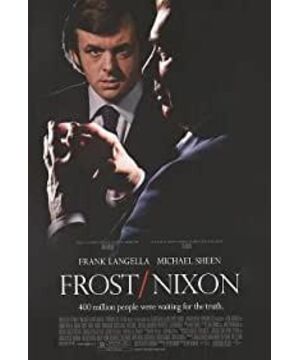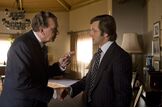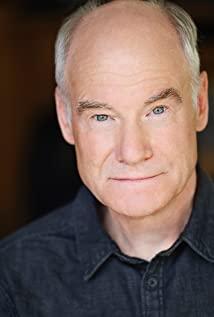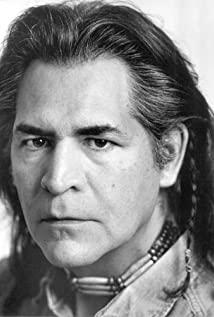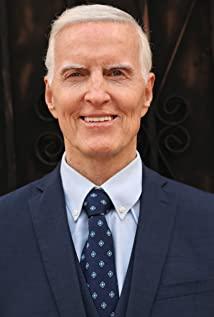You know the first and greatest sin of the deception of television is that it simplifies; it diminishes great, complex ideas, trenches of time; whole careers become reduced to a single snapshot. At first I couldn't understand why Bob Zelnick was quite as euphoric as he was after the interviews, or why John Birt felt moved to strip naked and rush into the ocean to celebrate. But that was before I really understood the reductive power of the close-up, because David had succeeded on that final day, in getting for a fleeting moment what no investigative journalist, no state prosecutor, no judiciary committee or political enemy had managed to get; Richard Nixon's face swollen and ravaged by loneliness, self-loathing and defeat. The rest of the project and its failings would not only be forgotten, they would totally cease to exist.
You know what the biggest crime or ruse of a TV show is
that it simplifies and narrows down the big
complicated ideas and the jumbled time of
the whole career being reduced to a single shot
when I started I couldn't understand why
Bob Zelnick More jubilant after the interview
than he was before
and why John Birt was so excited to throw his head off
into the ocean to celebrate
but that was before I really understood the
reductive power of that feature
because David made it on the last day It's
just a momentary victory,
no investigative journalist,
no prosecutor, no jury, or any political opponent, Richard Nixon's face is engulfed and ravaged by loneliness, self-hatred, and a sense of defeat. Not only were that show and its flaws forgotten, they were completely lost
View more about
Frost/Nixon reviews


